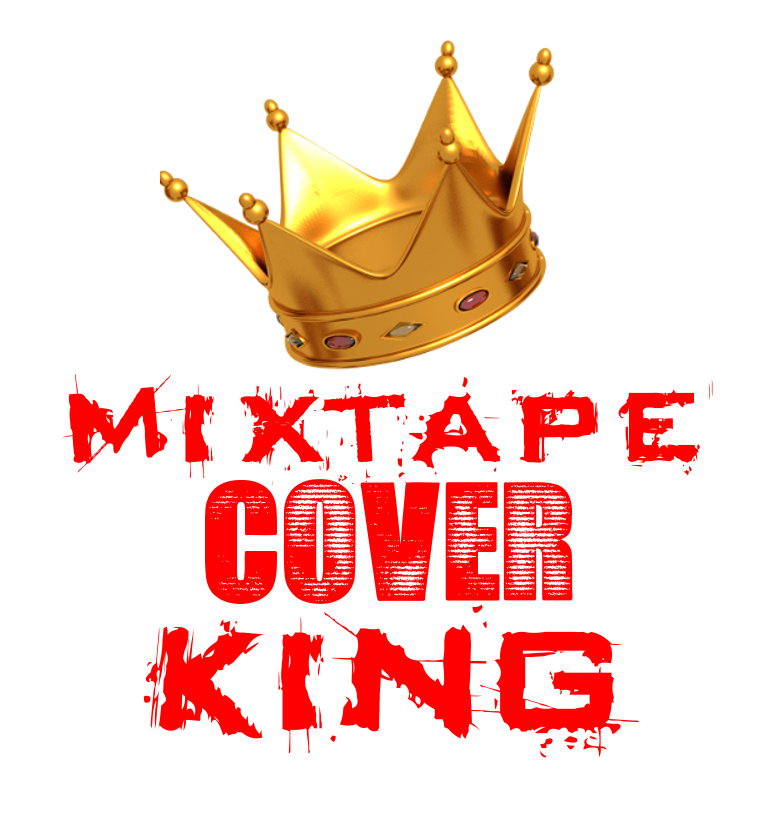Learn How to Copyright Your Music.
I should start with a disclaimer that this article talks about the general knowledge information on copywriting music and is not legal advice. Whether you are going through or are considering copyrighting your content, it is advisable you talk to a lawyer , or just Google the specific copyright laws in your state first.
We live in a highly commercialized world today, where sharks and vultures are at every corner waiting. When you put your efforts into creating something beautiful, you have to protect it by copyrighting it, a process which simply proves when you submitted your original work. The process of copyrighting your music may seem complicated and unnecessary at first but trust me, you need to know how it works.
How copyright works
There are people at the copyright office who receive your submission but they don’t listen to it. In fact, their work is basically to receive your work and file it somewhere, in storage, for when you need to prove it’s your work. When you copyright your songs, art or music, whatever you call it, you are protecting your creations by putting an immortal stamp and the date of creation is acknowledged by the system.
But you need to know that there are some aspects of your submissions that you cannot be protected, even if copyright is registered to you like a. These are:
-
The overall concept or the idea of the song
-
Chord progressions
-
Title and short phrases
- Mixtape cover, itunes, Or album artwork concept.
Simply put, when you copyright your music you copyright your lyrics and melodies. When you look at it, these are essentially the only things you can create, right?
Steps in Copyrighting your Music
Step 1: Start by making a good quality copy of your music and store it in a CD, computer hard disk, online (cloud storage), mini-disk, LP, MP3 or whatever form you want. Just make sure you have an actual copy that you need to create a hard copy of your music. When your music is recorded, it is ready to be copyrighted. Let’s get it registered.
Step 2: Before we proceed, I should point out that there are two ways that you can choose to register your music, and both start online at the Government’s Copyright website www.copyright.gov. On your browser, go to the website and click on the ‘Register a Copyright’ link. Registering your content online is simple, but note that it takes time to be processed.
Step 3: There are essentially three forms you will have to complete when copyrighting your music but the ones that matter in this case are the Performing Arts (PA) and the Sound Recording (SR) forms. Which form you complete just depends on what you are copyrighting. Here is a brief guide to help you know which form to fill:
Musical composition as well as dramatic works recorded on tapes and disks are essentially the works of performing art and are registered on the Performing Arts form or the short version of the PA form. You will also fill this form when copyrighting only the underlying works such as soundtracks, dramatic work or musical composition even when you do not provide a disk or tape.
When copyrighting unpublished or published sound recordings for particular recorded performances or for particular sounds, you will need to fill the Sound Recordings (SR) form. You will also be required to use this form when copyrighting sound recording as well as underlying works such as literary works, dramatic and musical composition in one registration. However, you will only register them separately only if you created both works. You cannot copyright someone else’s work and yours in one registration. The form SR is also filled when copyrighting a multimedia kit such as one that combines different forms of creative works and content with different authorships including sound recordings, books and audio cassettes.
Step 4: Copyrighting your creative work is not an easy task for you, and neither is it for the folks at the copyright office. This is the reason copyright registration has a small fee attached to it, whether you are filling the Sound Recording (SR) or the Performance Arts (PA) forms. The current fee for copyrighting your music, book, periodical, art or any other creative work stands at $35 per single work by a single author. Instead of paying $35 for each song you are copyrighting, it is wiser to compile an album or a mixtape and register it once to save time, money and effort.
When you create a masterpiece work of art or exert your talent into something real, it is very important to protect it. The US copyright law states that a creative work becomes copyrighted at the moment of creation, and all the rights for that work immediately belong to the creator or creators. However, this is not enough to protect your work and registration is still necessary to provide an undeniable level of proof as to the ownership of the content and to benefit from statutory damages in case another entity infringes on the registered copyright.


